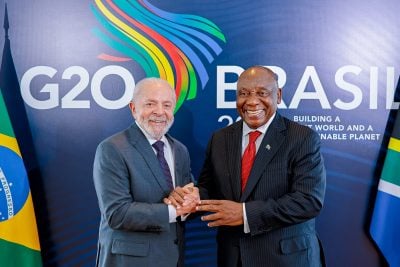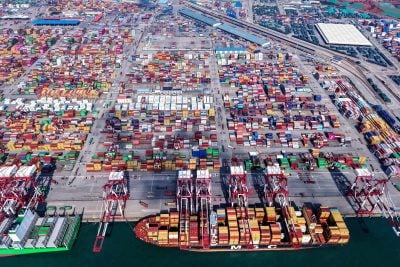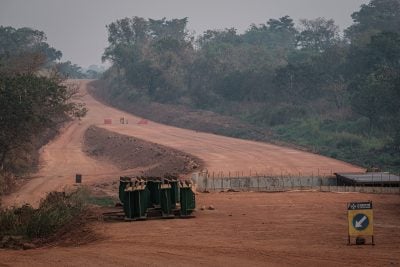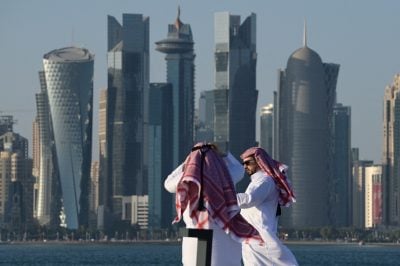International warnings of a food crisis are mounting as Russia’s invasion of Ukraine spills into a third month. In the past year, global food prices have risen by nearly one-third, fertiliser by more than half, and oil prices by almost two-thirds, putting a huge strain on African countries.
Global hunger levels are at new highs, exacerbated by the invasion, Covid-19 and climate change. In just two years, the number of severely food insecure people has doubled, from 135m pre-pandemic to 276m today. More than half a million people are living in famine conditions – an increase of more than 500% since 2016, according to the United Nations.
In an interview with the Financial Times, Egyptian finance minister Mohamed Maait warned that millions could die around the world as a result of the crisis.
“We will feel shame if we find that millions of people are dying because of food insecurity,” he said. “They are not responsible for that, they didn’t do anything wrong.”
UN secretary-general António Guterres has warned that the war “threatens to tip tens of millions of people over the edge into food insecurity, followed by malnutrition, mass hunger and famine, in a crisis that could last for years”.
Bleak outlook for Africa under blockade
The outlook for Africa is particularly bleak, with Ukraine and Russia estimated to provide more than one-third of the wheat imported by 45 African and least-developed countries.
As part of his brutal bid to conquer Ukraine and decimate its economy, Vladimir Putin has ordered the Russian navy to blockade the Black Sea ports of southern Ukraine from which grain exports flow to the world. Production in Ukrainian farmlands has also been heavily disrupted by the invasion.
As Gutteres argues, there is no effective solution to the food crisis without reintegrating Ukraine’s food production into global markets. Russia, he says, must permit the safe and secure export of grain stored in Ukrainian ports.
Diplomatic pressure is essential
Until now, many African countries have maintained a studied neutrality on the war – a result of the continent’s non-aligned foreign policy and friendly economic and political ties with Russia dating to the Cold War. But with a food crisis of frightening proportions looming, it is very much in Africa’s interests to immediately put diplomatic pressure on Russia to end the Black Sea blockade and allow the uninterrupted flow of Ukrainian grain.
Lithuanian foreign minister Gabrielius Landsbergis has proposed an international naval coalition to protect grain ships from Russian warships as they head through the Black Sea, perhaps with participation from countries affected by the loss of grain, like Egypt.
Agreement on such a plan may be some way off, but at the very least, it’s time that African countries exert what diplomatic pressure they can to bring an end to Russia’s disastrous blockade – and its pitiless war.
Want to continue reading? Subscribe today.
You've read all your free articles for this month! Subscribe now to enjoy full access to our content.
Digital Monthly
£8.00 / month
Receive full unlimited access to our articles, opinions, podcasts and more.
Digital Yearly
£70.00 / year
Our best value offer - save £26 and gain access to all of our digital content for an entire year!
 Sign in with Google
Sign in with Google 



